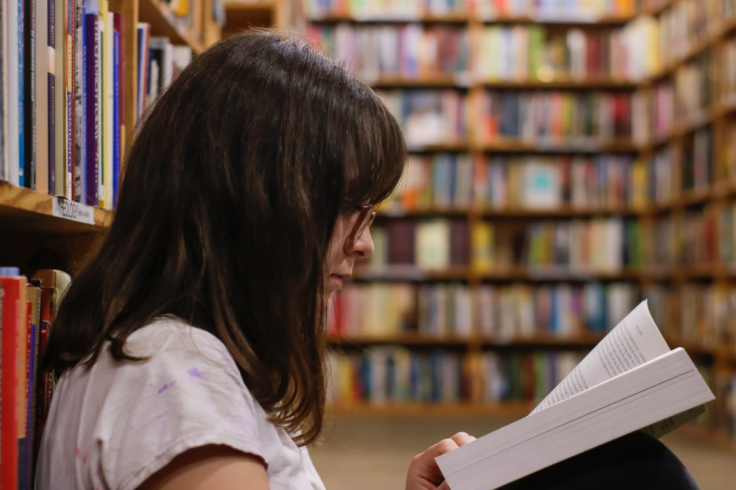Being a Jew at an American university today presents unique challenges, as one student tearfully shared, "We're exhausted and beleaguered, and no one seems to understand." University administrators have largely fallen short in addressing the concerns of Jewish students, allowing issues such as Holocaust denial, dismissal of antisemitism using white privilege rhetoric, and the rejection of Jewish self-determination to freely circulate on campuses.

The Minority Struggle
With Jews constituting only 2.4 percent of the U.S. population, Jewish students often find themselves in the minority on campuses, even at universities with larger Jewish populations. Examples from campuses like Cornell, Columbia, and Tulane highlight the widespread challenges faced by Jewish students nationwide.
The relative scarcity of Jewish students often means their concerns receive limited attention. At Georgetown University, efforts to have Kosher food in the dining hall were met with resistance, citing insufficient observant Jews on campus. This underscores the difficulty in having requests from Jewish students granted, even at supposedly inclusive campuses.
Lack of Mutual Understanding
One contributing factor to the current challenges is the misconception among Jewish-American academicians that their support for Palestinian self-determination would be reciprocated. Rational arguments for a two-state solution and criticism of Israel's policies were expected to foster mutual respect. However, ongoing denunciations of Israel by progressive colleagues, coupled with their selective silence on other global issues, revealed a deep-seated bias against Israel.
While advocating for Palestinian rights, there's a notable lack of similar activism for other global issues, such as China's treatment of the Uighurs, Turkey's actions against the Kurds, and other humanitarian crises. This bias aligns with prevailing anti-colonialist/anti-Western perspectives prominent in many American universities today.
Shifting News Consumption Habits
The shift in students' news sources from traditional media to social media platforms like TikTok, Instagram, and YouTube further complicates the situation. Students now prioritize news that feels "more relevant," sacrificing accuracy and objectivity. The complexity of issues like the Israel-Palestine conflict becomes oversimplified through emotionally resonant yet superficial social media content.
The default response of university administrators calling for more education and dialogue often exacerbates the issue. Campus forums, intended for discussion, can leave Jewish students feeling marginalized, isolated, and victimized. These forums sometimes devolve into a disturbingly one-sided narrative that goes beyond disagreement, leading to narratives that support extreme views.
Unbalanced Campus Dialogues
Campus dialogues and special lectures may lack balance, as seen in a planned lecture series featuring speakers universally hostile to Israel. These events can contribute to an environment where Jewish students feel unheard and unfairly portrayed, fostering an atmosphere of isolation.
Contrary to the promises of inclusivity in 21st-century American universities, Jewish parents now share concerns similar to those of previous generations. The febrile atmosphere on campuses prompts worries about their children's well-being, with some high school students being steered away from prestigious universities based on how they handle such frictions.
Impact on Campus Dynamics
The October 7th terrorist attacks have left a profound impact on Jewish students, leading some parents to discourage their children from attending classes where they feel compelled to explain or justify Israeli policies. This situation echoes a darker time when Jews felt less welcome at many U.S. universities.
America's universities, once celebrated for their standards of learning, now face scrutiny for potentially failing to protect their Jewish communities adequately. The challenges faced by Jewish students on campuses may have far-reaching consequences, influencing decisions about education and potentially tarnishing the reputation of these institutions.
The struggles of Jewish students on American campuses highlight the need for universities to reevaluate their approach to inclusivity and dialogue. As educational institutions, they must ensure an environment where all students feel heard, understood, and free from discrimination.
RELATED ARTICLE: American Universities Have Been Complicit, Resulting In Today's Antisemitism
© 2025 University Herald, All rights reserved. Do not reproduce without permission.








